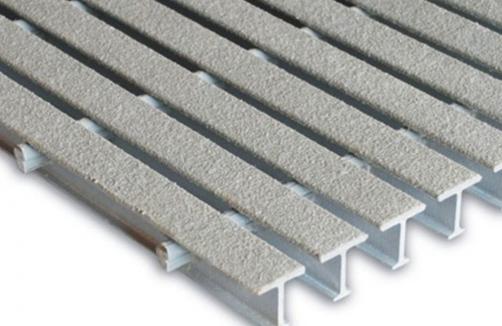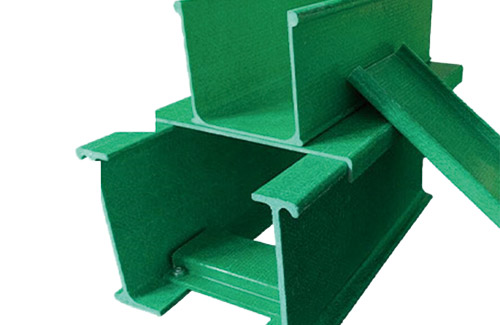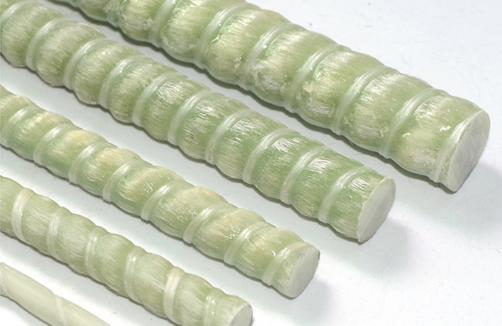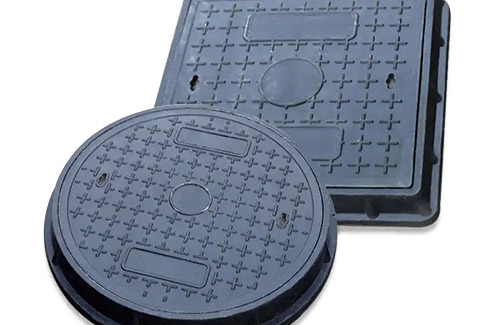1. Select the resin type for fiberglass grating
There are three commonly used resin types for grilles: ortho benzene type, meta benzene type, and vinyl type. Its price is directly proportional to its corrosion resistance, so it is necessary to select the economical resin type based on the corrosive medium of the application environment, the function introduction, and the corrosion resistance function table
A. Ortho benzene type: has general corrosion resistance, can withstand atmospheric aging, seawater corrosion, etc., long-term use temperature -50~60 ℃
B. Benzene type (municipal use): With excellent corrosion resistance, it can withstand environments with medium concentrations of inorganic acids, alkalis, various salts, etc., and can be used for a long time at temperatures of -50~90 ℃
C. Vinyl type (for chemical use): With excellent corrosion resistance, it can withstand harsh corrosive environments such as acid, alkali, salt, solvent, or acid-base substitution, and can be used for a long time at temperatures of -50~110 ℃
2. Select the exterior type of Meigu fiberglass grating according to the requirements of the application scenario
Fiberglass grating is divided into general type and cover type.
General type:
(1) Concave surface (natural composition): The concave grille is basically non slip.
(2) Surface sanding: The sanding grid is particularly anti slip.
(3) Smooth surface (polished surface): Smooth grille is not slip resistant and is generally used for decoration and other occasions that require a smooth surface.
Cover plate type: used in situations where there are no holes, preventing liquid leakage, gas evaporation, or special requirements for holes.
(1) Smooth cover grille: The surface is not slip resistant and easy to remove dust.
(2) Quartz sand cover grille: The sand cover grille has good anti slip performance.
(3) Striped cover grille: The anti slip performance of the striped cover grille is slightly poor, but it is more beautiful.








